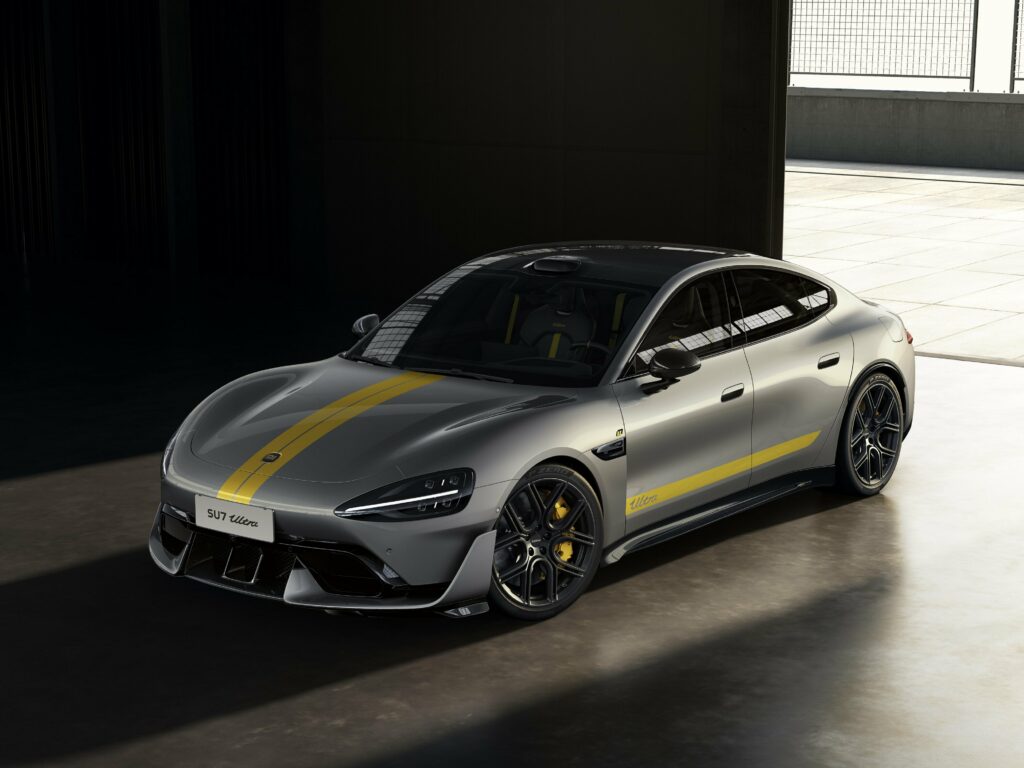This Record-Shattering EV Just Made Koenigsegg Look Slow

- The Nevera R was presented last year and makes the standard model seem a little slow.
- Rimac has snatched the 0-400-0 km/h record away from the Koenigsegg Jesko Absolut.
- Zero to 60 mph takes just 1.66 seconds, and hitting 186 mph is done in 7.8 seconds.
Rimac and world records go together like jelly and peanut butter. Two years after the Nevera set 23 performance records in a single day, the Croatian brand has outdone itself yet again, this time setting world records in 24 categories with the Nevera R. Th flagship version of the all-electric hypercar was unveiled last year with more power and aero and less weight.
Read: 1,989 HP Rimac Nevera R Is Harder, Faster, Lighter And Limited To 40 Units
Perhaps the most important record of all was the sprint to 0-400-0 km/h (0-249-0 mph). The original Nevera had held this record at 29.93 seconds, snatching it away from the Koenigsegg Agera RS that set a time of 31.49 seconds back in 2019. However, last year, the Koenigsegg Jesko Absolut snatched this record away from the Nevera, setting a time of 27.83 seconds.
Nevera R Takes the Crown Back
Now, the Nevera R is the 0-400-0 km/h king with a blistering time of 25.79 seconds. That’s 2.04 seconds quicker than the Jesko and beats the standard Nevera by 4.14 seconds. Additionally, the R beat out the Nevera’s 0-60 mph (96 km/h) time of 1.74 seconds, completing the sprint in 1.66 seconds and 100 km/h (62 mph) in 1.72 seconds.
The records don’t stop there. The Nevera R ran from 0-100 mph (160 km/h) in 2.96 seconds, an improvement of 0.25 seconds, 0-200 km/h (124 mph) in 3.95 seconds, (0.47 seconds faster), and did the 0-300 km/h (0-186 mph) run in just 7.89 seconds, or 1.33 seconds quicker than before. It also takes the Nevera R just 17.35 seconds to run from 0-400 km/h (0-250 mph), which is a massive 3.96 seconds quicker than the standard car.
Rimac’s new Nevera R also set a new EV top speed record, hitting an impressive 268.2 mph or 431.45 km/h.

Where the Extra Speed Comes From
Whereas the standard model delivers 1,888 hp from its four electric motors, the Nevera R ups that to 1,989 hp. It also weighs 35 kg (77 lbs) less, comes standard with Michelin Pilot Sport Cup 2 tires, and produces 15 percent more downforce thanks in part to a large rear wing.
“When we first introduced Nevera it almost seemed like the pinnacle of hypercar performance had been reached,” Mate Rimac said. “In a single generation, we had created a performance jump that previously would have taken decades. But now, through relentless innovation, Nevera R goes even faster, while still maintaining much of the comfort and practicality that makes the Nevera a real, useable daily car.”






